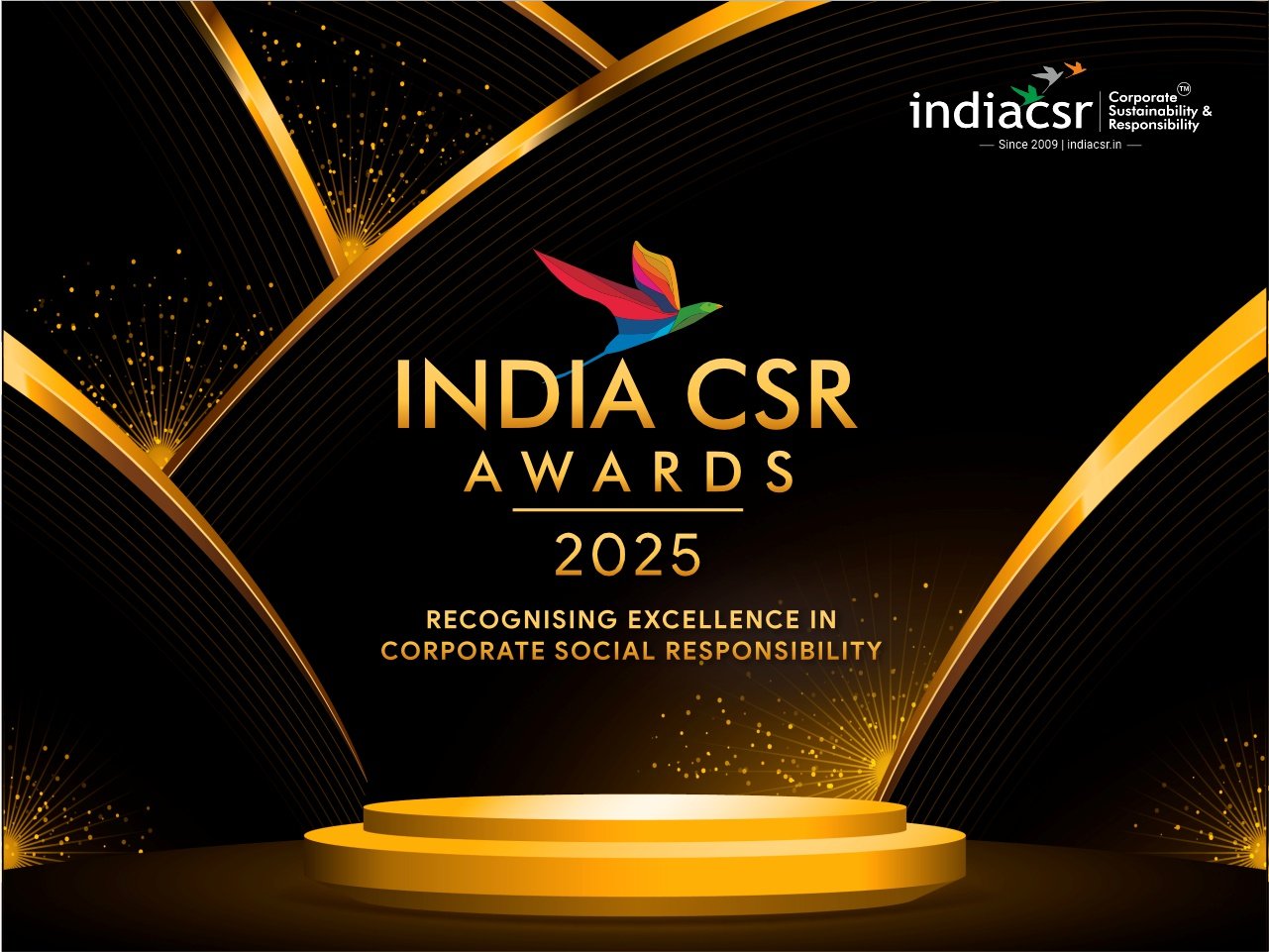NEW DELHI : “Sanitation is a behavioural problem, just building toilets does not work” agreed policy makers and academicians at Clean India: Stimulating Behaviour Change and Usage convention held in the capital recently.
The convening was the brainchild of the University of Chicago’s Center in Delhi and the Social Enterprise Initiative (SEI) at the University of Chicago Booth School of Business, in partnership with Toilet Hackers and Samhita Social Venture
Commenting on the objective of the convening, Robert H. Gertner, the faculty co-director of the Social Enterprise Initiative (SEI), Chicago Booth School of Business, said “It’s clear that achieving the goals of Prime Minister Narendra Modi’s Swachh Bharat, or Clean India, campaign will require not only construction of toilets, but also policy initiatives aimed at shifting behaviours”
The dynamic line-up of speakers, including representatives from the Bill and Melinda Gates Foundation, Tata Trusts, and NGOs like Samagra, shared experiences related to their work and encouraged attendees to think about the missing links in WASH (Water, Sanitation & Hygiene). Convening speakers and attendees also put together a roadmap to convince policy makers that behavior change works.
Focus so far has been on building toilets, but not on getting people to use them. It is critical to drive change in behavior towards usage. Focus should be on habit formation – a trigger that leads to a different action, and with repetition, that becomes a habit that drives behavior.
It’s important to start measuring usage, not the number of toilets. Hence, it’s imperative to drive toilet usage behavior. This will also help quantify the success for the Swachh Bharat campaign.
Rural population in reality, only 30 percent have functional toilets. Provision for adequate water, adequate maintenance systems are missing. There is a need to focus more on quality solutions than on cheap solutions, as quality will lead to better usage. Technology can be a useful tool to monitor usage, for example, radio frequency chips to gauge how often toilets are used.
Among those who gathered to discuss the issue, was Booth’s Richard H. Thaler, Charles R. Walgreen Distinguished Service Professor of Behavioural Science and Economics and author of the acclaimed book Nudge: Improving Decisions about Health, Wealth, and Happiness. With the publication of Nudge, the notion of applying tenets of behavioural economics and psychology to public policies and services gained traction among world leaders like Great Britain’s Prime Minister David Cameron who instituted a ‘Nudge Unit’ in his cabinet.
Clean India convening speakers and attendees included representatives from Indian multinational conglomerate Tata Group, USAID, UChicago’s Harris School of Public Policy, World Bank, and nonprofit Toilet Hackers, which is partnering with SEI and the Center on the convening.
Instrumental to the planning of the convening were Booth alumni in India, including Swati Vasudevan, deputy director, strategy, planning, and management at the Bill and Melinda Gates Foundation, and Luis Miranda, chairman of the board of advisors for the Centre for Civil Society, and an advisor to Mumbai-based consulting firm Samhita Social Ventures which helped develop the agenda for the Clean India convening.
(Please send your feedback & comments to editor@indiacsrnetwork.com)






















